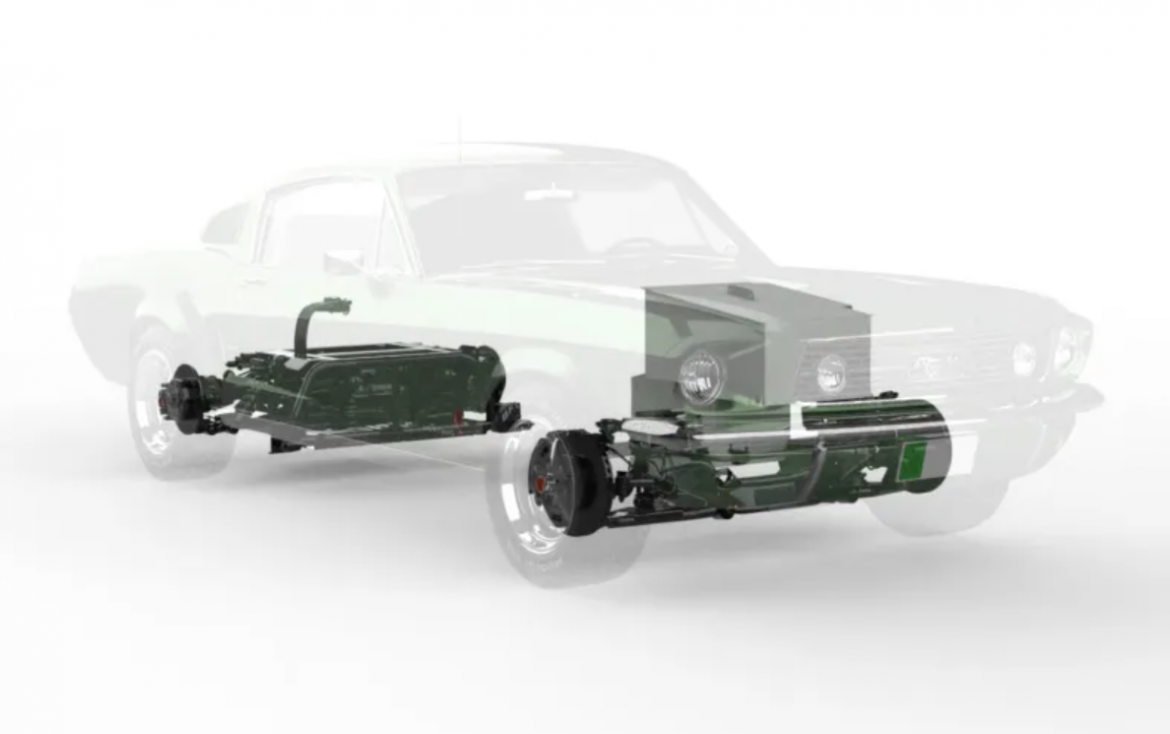RBW EV Cars, the British startup specialising in electric conversions of classic sports cars, announced Friday a significant expansion of its business model, launching a new supplier division that will provide electric vehicle systems and components to major automakers for limited-edition classic car conversions.
The company, which has secured USD 18 million in investor funding since its founding in 2017, is already in discussions with three major automakers for limited-edition models, according to CEO Peter Swain, though specific manufacturers remain undisclosed due to confidentiality agreements.
RBW has established itself in the market with its electric versions of classic MG models, specifically the MGB and MGB GT. These vehicles, which start at approximately £100,000 (USD 130,000), feature a sophisticated electric powertrain developed in partnership with Continental Engineering Services, a subsidiary of Continental. The vehicles offer an impressive range of 155 miles (250 km), positioning them as practical classic vehicles for the modern era.
The company’s manufacturing operations are expanding rapidly, with production already underway at its Lichfield facility in central England. A second manufacturing plant in Danville, Virginia, is scheduled to begin operations in early 2025, significantly increasing the company’s production capacity.
Under its new business strategy, RBW aims to produce 300 vehicles annually under its own brand while simultaneously manufacturing up to 3,000 EV systems through its newly established Spirit EV unit for other automakers. This dual-approach business model represents a significant scaling up of operations for the British company.
Swain explained the compelling business case for automakers to partner with RBW: “Rather than spend millions of dollars designing their own system, automakers can buy RBW’s, which are already approved for use and in production, for between USD 40,000 and USD 50,000.” This approach offers a cost-effective solution for manufacturers looking to enter the electric classic car market without substantial research and development investment.
The company’s technical innovation lies in its rear-wheel drive systems, which cleverly position the EV battery in the original engine compartment. This design philosophy allows for remarkable versatility, as the system can be adapted to accommodate various classic car bodies, from iconic American muscle cars like the Mustang to luxury European brands such as Aston Martin, and even classic Corvettes.
The strategy behind major luxury automakers’ interest in such conversions, according to Swain, extends beyond mere sales numbers. These manufacturers see limited-run classic EVs as powerful marketing tools, with plans to produce a few hundred units each. “Major automakers can put those classic EVs in their top showrooms to remind customers why they love that brand,” Swain noted, highlighting the emotional connection these vehicles create with customers.
This expansion represents a significant development in the classic car market’s evolution toward electrification, offering a blueprint for how traditional automotive heritage can be preserved while embracing modern technology. The move also positions RBW as a key player in the growing market for premium electric vehicle conversions, bridging the gap between classic car aesthetics and modern environmental considerations.



